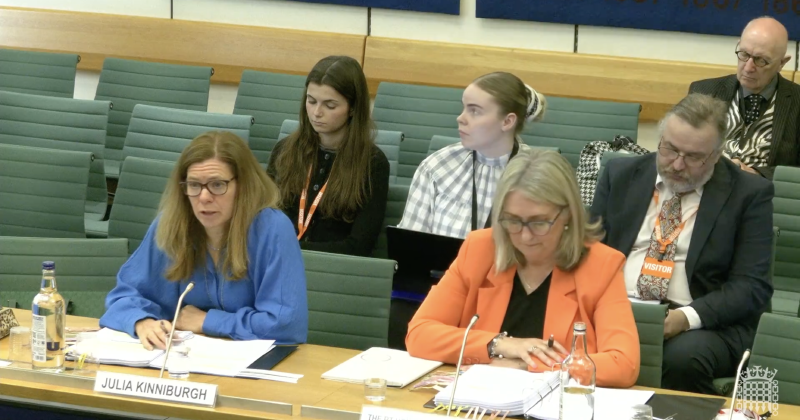A senior civil servant has been appointed Ofsted’s new permanent deputy director for post-16 education, training and skills, FE Week can reveal.
Jonathan Childs is set to move across from the Department for Education in March to fill the role vacated by Paul Joyce last year.
He will oversee FE and skills inspections under Ofsted’s new-style report card model, which was rolled out in November, and spearhead the watchdog’s post-16 strategy.
Childs is a career civil servant having worked across government since 2002, with roles at the Home Office and Ministry of Justice (MoJ).
He moves into the Ofsted role from the DfE, where he has worked since 2019, most recently as deputy director for further education workforce.
Childs previously held positions as deputy director for apprenticeships strategy and funding policy, and he led the DfE’s apprenticeships response team during the pandemic.
An Ofsted spokesperson said Childs brings valuable experience to inspections of prison education, having worked on youth justice and probation reform at the MoJ, where he led Charlie Taylor’s review of the youth justice system.
It is not clear whether Childs has any experience working in FE providers or on inspections. Ofsted could not provide this information at the time of going to press.
Ofsted’s job advert for the role said it was “desirable” but not “essential” for the new post-16 education, training and skills deputy director to have “experience and understanding of inspection within the education sector, as it relates to post-16 education, training and skills remits”.
Childs said: “I am honoured to be joining Ofsted at such an important time for further education and skills.
“High-quality post-16 education transforms lives and strengthens our economy, and I look forward to working with colleagues across the inspectorate and in the education sector to support providers in delivering the best outcomes for learners.”
The role reports to the national director for education, Lee Owston, and was advertised with a salary of £108,574.
Owston said: “We are delighted to welcome Jonathan to Ofsted. His understanding of further education and skills will be invaluable as we continue our work to help the sector raise standards across post-16 education and training.”
The FE deputy director post was last permanently occupied by Paul Joyce, who quit Ofsted after 20 years to become deputy principal at North Warwickshire and South Leicestershire College last year.
The inspectorate appointed Denise Olander as temporary deputy director for FE and skills in March while it advertised for a permanent replacement.
The first batch of new-style FE inspection report cards was released last week.


